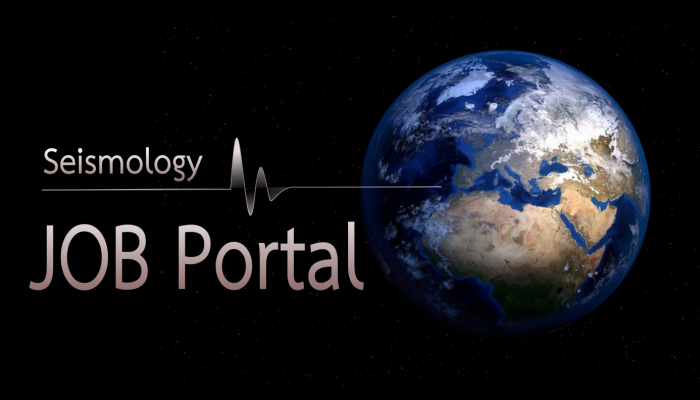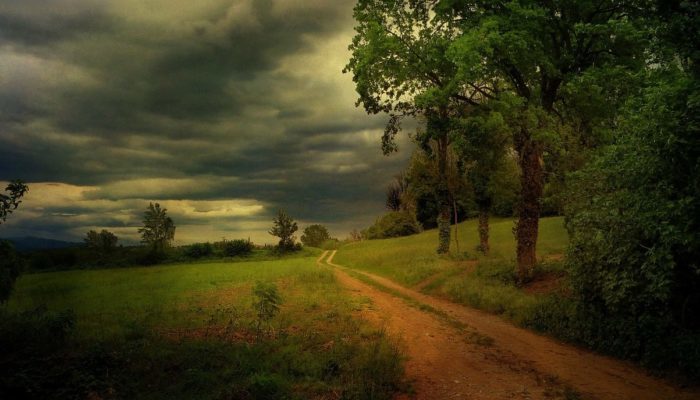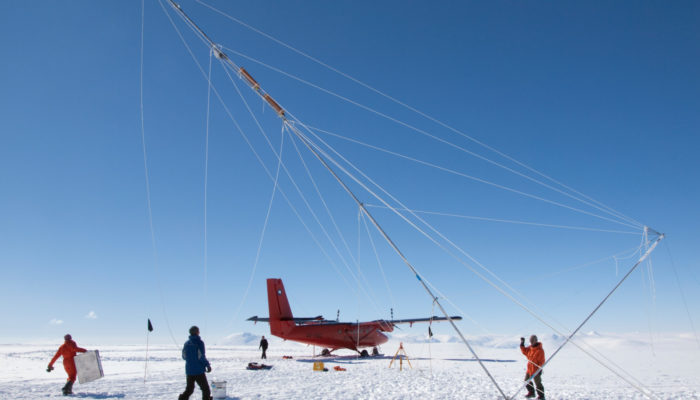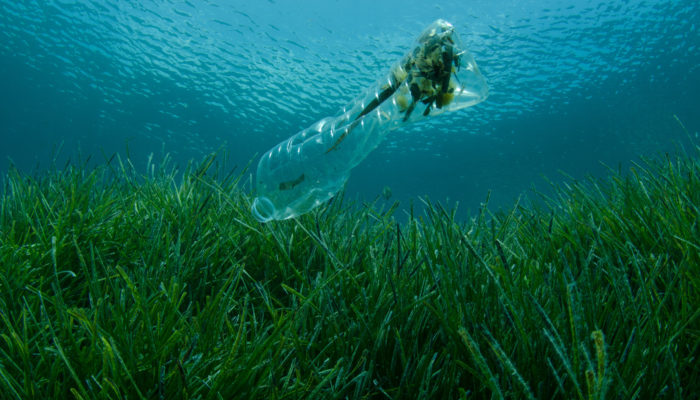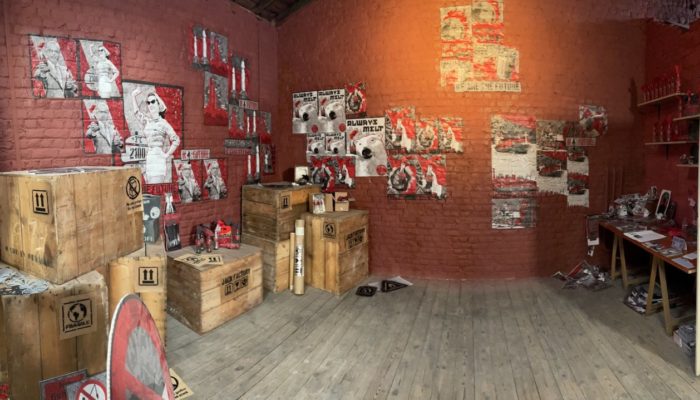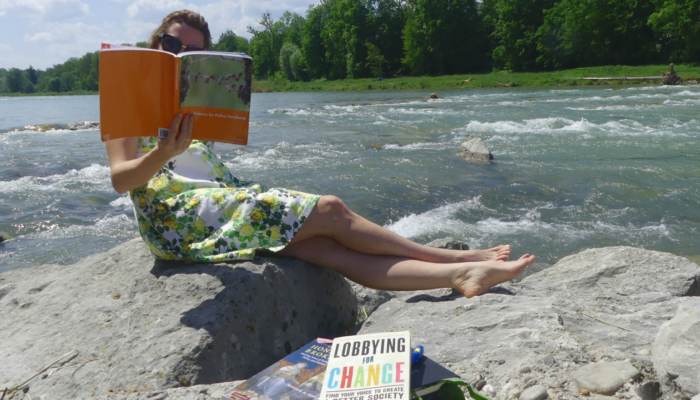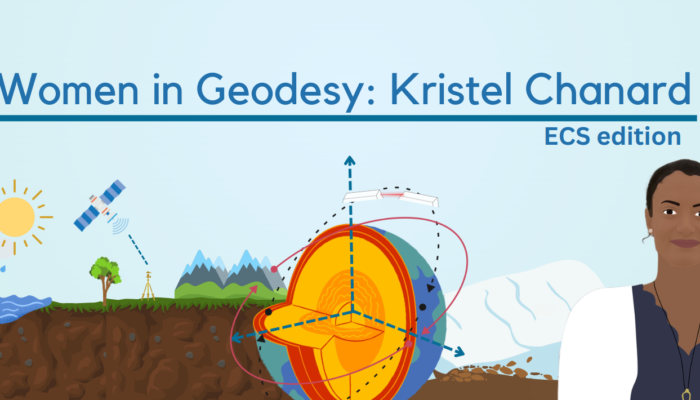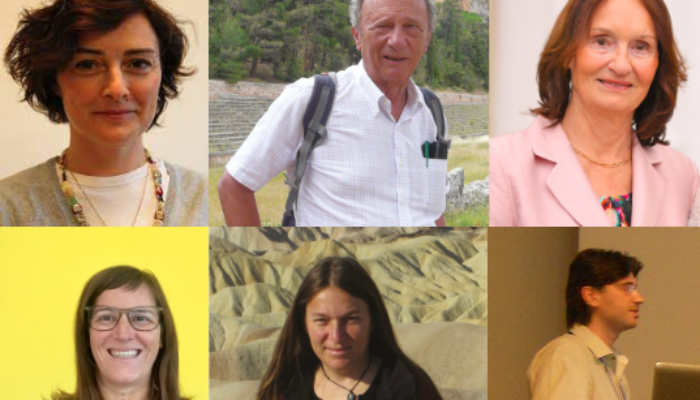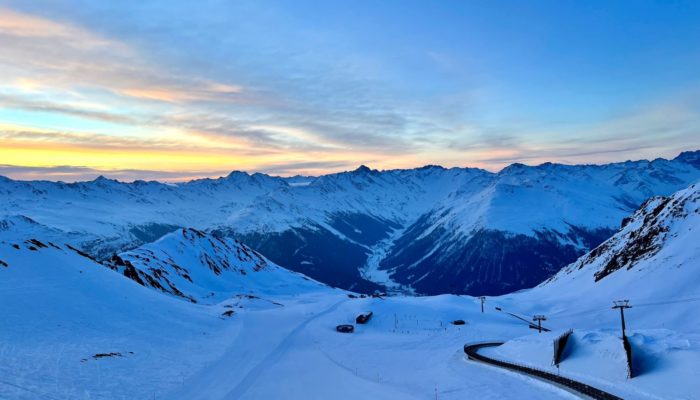On this page, we regularly update open positions in Seismology for early career scientists. Do you have a job on offer? Contact us at ecs-sm@egu.eu Please, note that other available research positions are displayed on the EGU Jobs Portal. Latest open positions: Post-Doctoral Fellowship – Ground deformation recorded by geodetic techniques Institute: FM Global Starting: — Duration: R ...[Read More]
If you didn't find what you was looking for try searching again.
Natural Hazards
From compound extremes to risk perception: conversations with the EGU Natural Hazards Division 2023 Early Career Scientist Award Winner
I am pleased to interview Professor Ankit Agarwal from the Indian Institute of Technology, Roorkee. He specialises in hydro-meteorological (compound) extremes and complex networks and has been awarded the prestigious 2023 NH Division Outstanding Early Career Scientist award. Thank you, Ankit, for your time and for talking with us about your field of research. 1. Can you tell us more about y ...[Read More]
Cryospheric Sciences
CryoNews – The WMO is making the cryosphere a global priority
To us, the cryosphere has always been a priority. It is our field of interest, research, maybe passion, it is the stuff that gets us excited. Now, the cryosphere also became a priority to the World Meteorological Organisation (WMO). In today’s post we cover a recent news item introducing this very decision made during WMO’s recent congress. Read along to find out why they emphasize the importance ...[Read More]
Geodynamics
Introducing GPlately
The ability to easily compile and quickly evaluate both geological and geophysical data is essential for geodynamicists to understand Earth’s evolution. This week Dr. Ben Mather, a Research Fellow at the University of Sydney, introduces us to GPlately, a new tool designed to accelerate spatio-temporal data analysis in GPlates. GPlately is a Python package that enables the reconstruction of ...[Read More]
GeoLog
Why single solution strategies cannot solve the plastic pollution problem
It appears that plastics have well and truly invaded even our most inaccessible environments: the deepest point in the ocean (the Mariana trench) and the highest mountain peak in the world (Mt. Everest) both contain pieces of plastic from human activities miles away. With plastic waste flowing into aquatic ecosystems expected to nearly triple by 2040, it is safe to say that nature is in “emergency ...[Read More]
Cryospheric Sciences
How over-consumption leads to reduced sea ice: Visualization through artwork
Do you think that it is sometimes challenging to understand science (as a reader or listener) or to explain it (as a scientist)? Then, art may be a good solution to the problem. Between April and June 2023, Zacharie Bodson (artist) and I (climate scientist) are participating in the Seas and Oceans exhibition to explain the links between changes in Arctic sea ice and over-consumption. Read here abo ...[Read More]
GeoLog
GeoPolicy: Your summer time Science for Policy reading guide
With summer just around the corner, you might be starting to think about some of the ways in which you’d like to relax during upcoming holidays or field work! It’s incredibly important for us all to be able to switch off from our work life. Not only does it allow us to mentally and physically recover, but it can also provide us with new perspectives and inspiration. In this month’ ...[Read More]
Geodesy
Women in Geodesy: Kristel Chanard
I hope you are ready to be inspired because we have another exciting interview, with Kristel Chanard, our Outstanding Early Career Scientist Awardee of 2022. I promise that her answers will encourage you to pursue a career in science or continue to that! Her answers remind us again that we need to make geosciences more inclusive and diverse. So, let’s leave the spotlight to Kristel and hear what ...[Read More]
GeoLog
Meet the EGU Education Committee!
The EGU’s Education Committee (EC) helps to bring science to educators, from higher education funding grants and coordinating training programmes to bringing teachers to Vienna to participate in the annual GIFT (Geoscience Information For Teachers) workshop and meet with scientists at the EGU General Assembly. In this article, six of the volunteer committee members reflect on what it’s ...[Read More]
Cryospheric Sciences
Highlighted Paper – Human Errors in Snow Models
As scientists, we often encounter errors in our own work and in the work of others. As modelers, we call these errors “bugs”. Of course, they are not actual insects, but they definitely keep us awake from time to time. Even though everyone is aware of their existence, we rarely discuss them in a scientific context. In today’s post, I bring to you the work and journey of a snow scientist, Dr. Cécil ...[Read More]

